Immunology
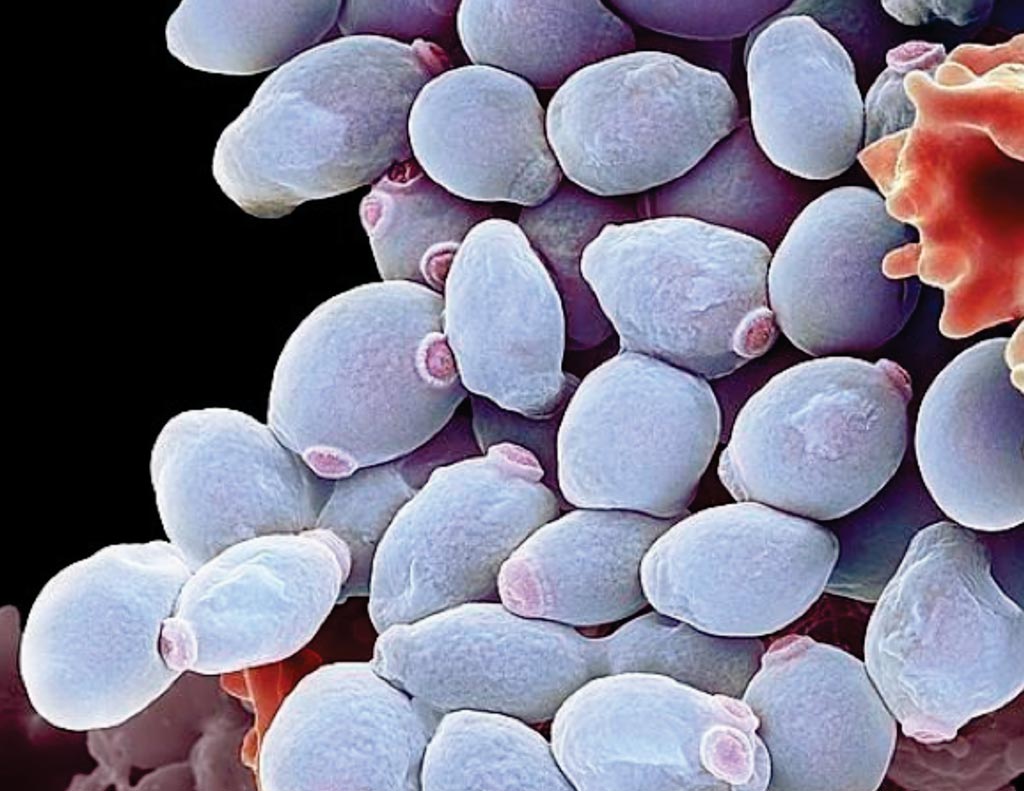
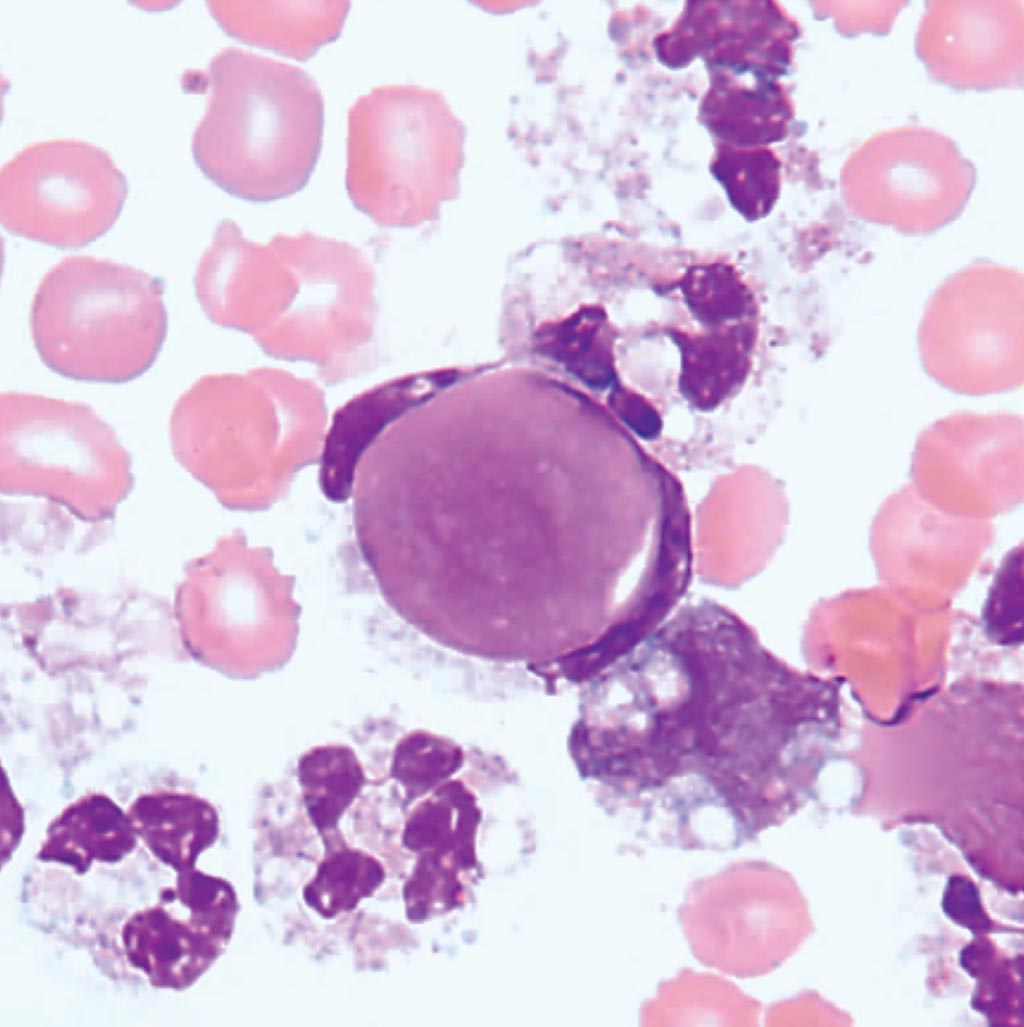
Cardiovascular Risk Biomarkers Found for JSLE Patients
Systemic lupus erythematosus is an autoimmune disease typically affecting women between the ages of 15 and 50, and symptoms flare up unpredictably. Approximately 20% of cases begin during childhood and in these patients the disease is suggested to be more severe. More...25 Jun 2019
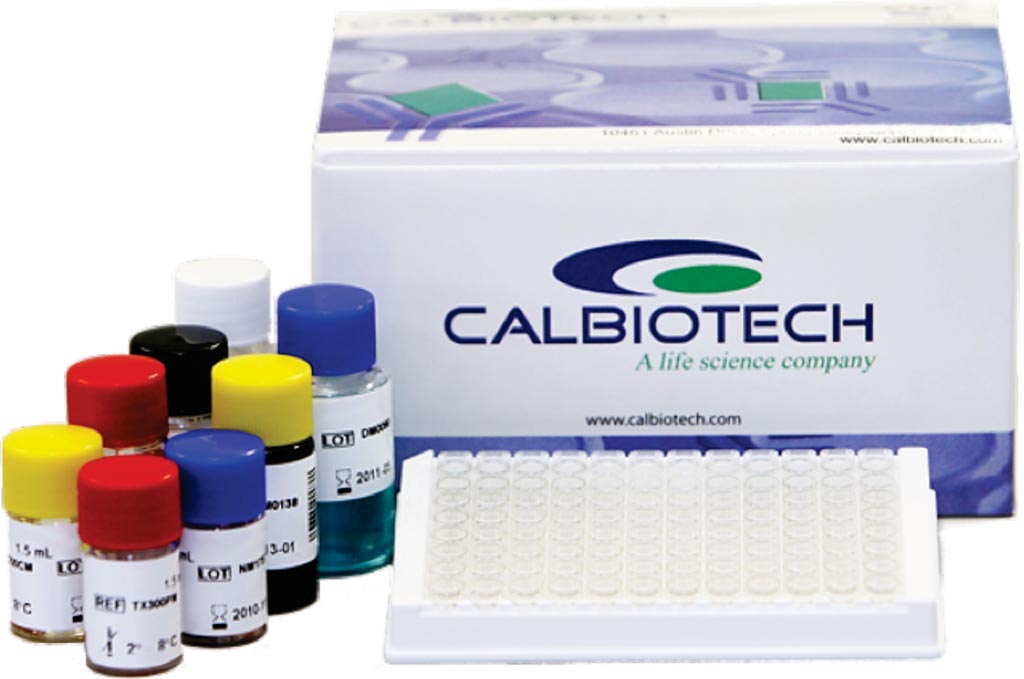
Higher Estrogen Levels Linked to Severe Disease in Scleroderma
Systemic sclerosis (SSc) is an autoimmune, connective tissue disease of unknown etiology characterized by immune system dysregulation and excessive extracellular matrix (ECM) synthesis. As in most autoimmune diseases, there is a female predominance in SSc with a female to male ratio of 3:1, which increases to 9:1 during childbearing years. More...19 Jun 2019
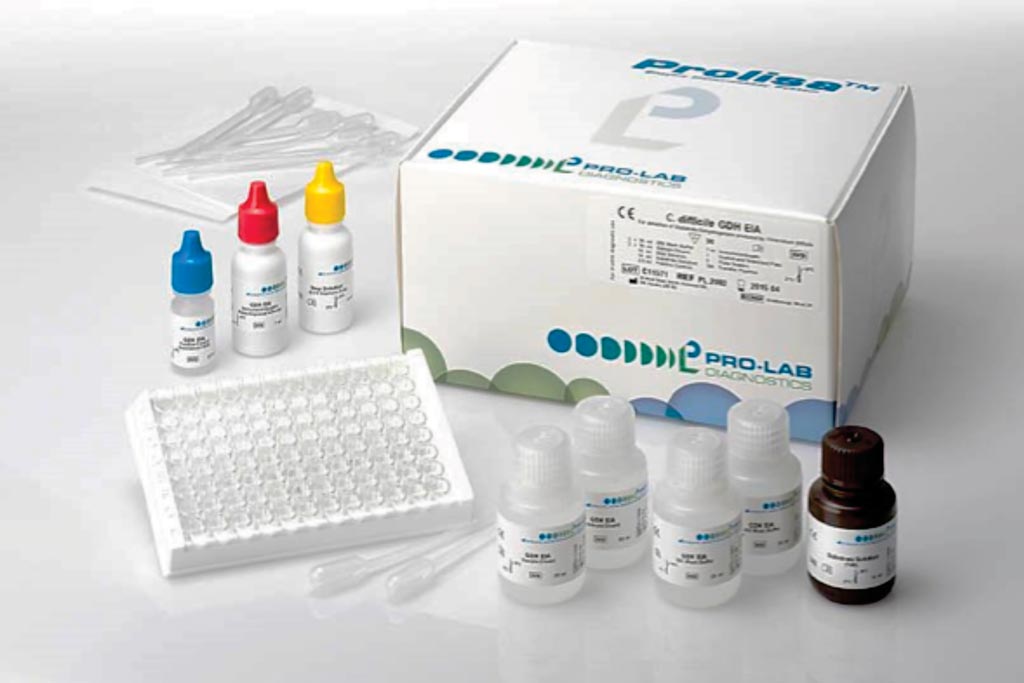
NA Amplification Tests for Clostridium Diagnosis Reviewed
Clostridioides (Clostridium) difficile infection (CDI) is the leading cause of health care-associated infections in the USA. It accounts for 15% to 25% of health care-associated diarrhea cases in all health care settings, with 453,000 documented cases of CDI and 29,000 deaths in the USA in 2015. More...19 Jun 2019
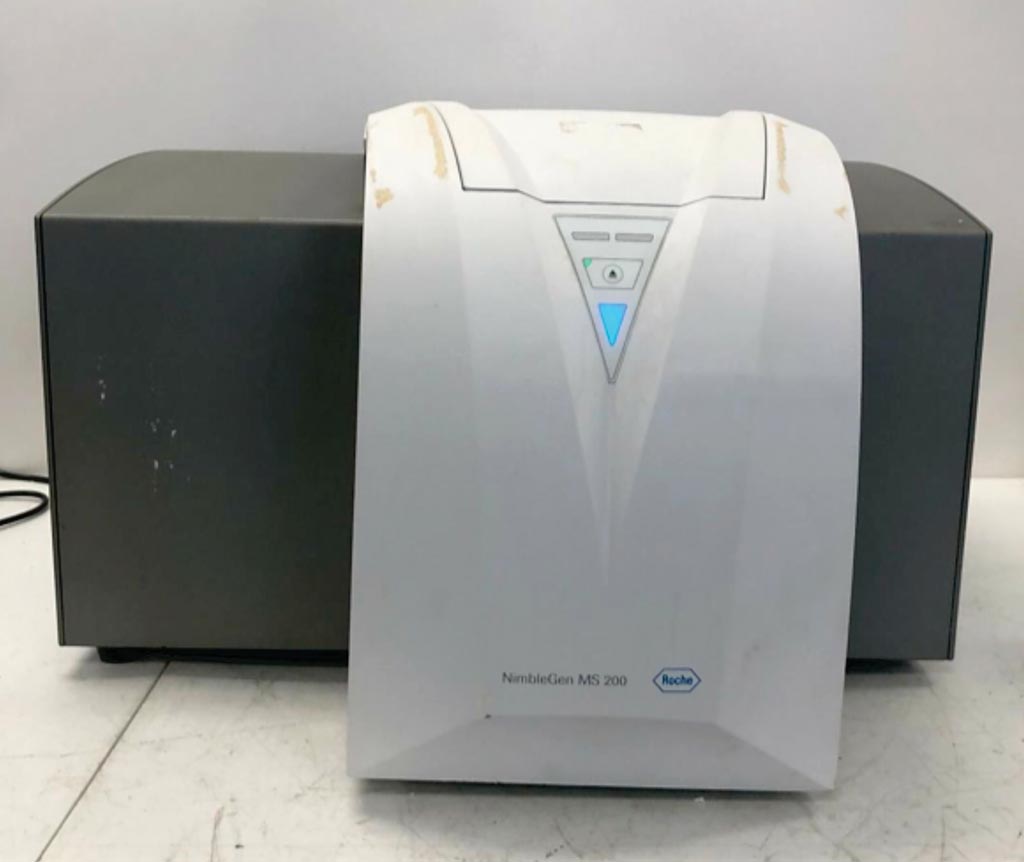
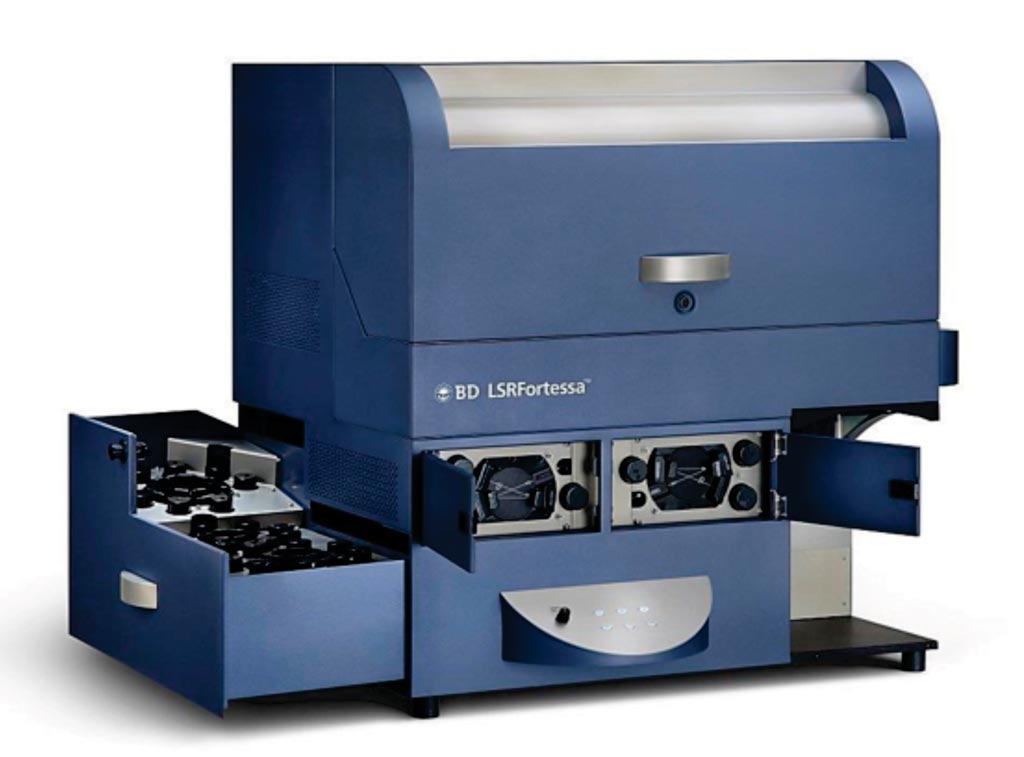
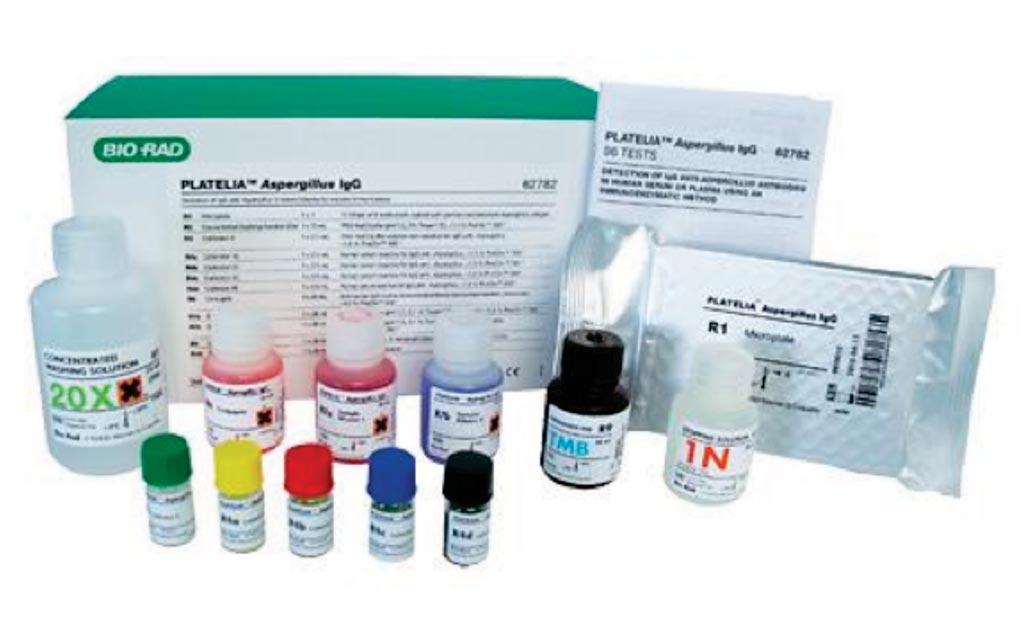
Invasive Pulmonary Aspergillosis Diagnosed by Molecular Test
Invasive aspergillosis (IA) is a common opportunistic fungal infection, mainly affecting patients with severe and prolonged neutropenia. Early diagnosis of invasive pulmonary aspergillosis (IPA) is notoriously difficult, but crucial for prompt treatment initiation required to improve patient outcome. More...12 Jun 2019
In Other News
Mannose-Binding Lectin Associated with IgG Subclass Deficiency
Novel 3D-Printed Technology Lowers Cost of ELISA
Cysteine-Rich 61 Biomarker Reflects RA Disease Activity
Urinary Biomarkers Diagnose Serious Kidney Allergic Reaction
Diagnostic Process Detects Alzheimer’s Years before Symptoms Appear
Simple and Inexpensive Ebola Virus Disease Test Developed
Renal Transplant Rejection Assessed by HLA Antigen Bead Assay
Blood Test May Predict Cardiovascular Disease
Immune Cell Profiling Assay Boosts Use of Mass Cytometry
Multiple Myeloma Sequences Reveal Prognostic Immunoglobulin Translocation
Rapid Test for Chlamydia Antigen Antibodies Optimized
Flow Cytometry Leukemia/Lymphoma Antibody Panel Receives Approval
Diagnostic Methods Compared for Human Granulocytic Anaplasmosis
Novel Genes and Pathways Discovered in Celiac Disease
Novel Software Reduces Variability in ELISA Biomarker Tests
Parallel Assays Developed for CSF Alzheimer's Disease Proteins
High-Res Genotyping Improves Survival for Stem Cell Transplantation
Recombinant Capture Molecule Used for Viral Disease Diagnosis
TB Interferon-Gamma Release Assay Assessed in Children
Immune Signature Drives Leukemia Relapse after Transplantation
Haptoglobin Expression Linked to Newborn Outcomes
Storage Conditions Affect Urinary Albumin and Creatinine
EBV-DNA Measured in Nasopharyngeal Carcinoma Patients
The Immunology channel of LabMedica deals with diagnostic techniques and immuonassays such as ELISA, pregnancy tests, immunoblotting, immunohistochemical staining, serology, and associated hardware.










